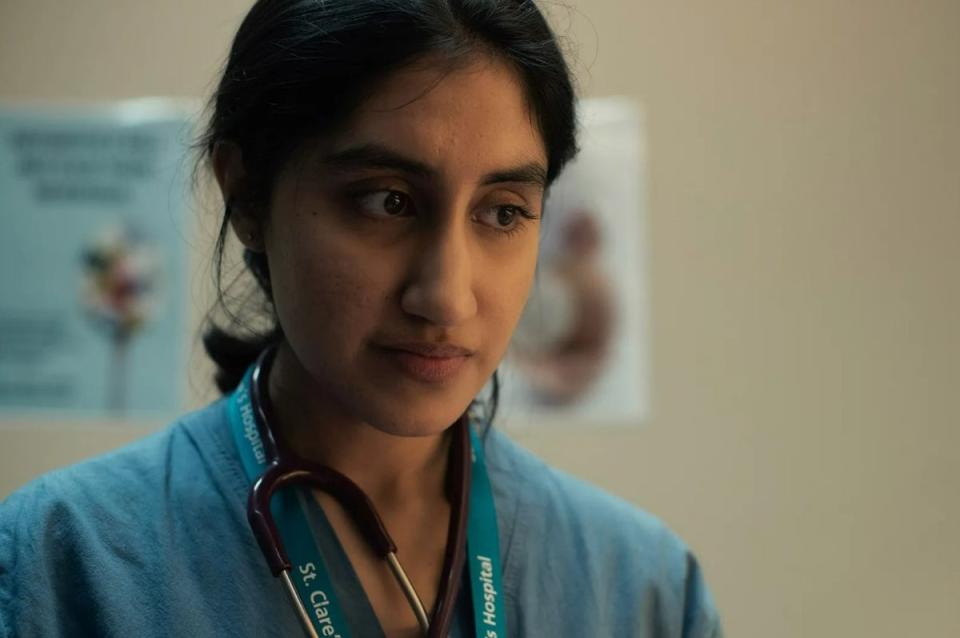Bafta defends nominees list after all-white Best Actress category
Bafta representatives have defended the representation in its Television Awards nominations.
The full list was announced on Wednesday 22 March, prompting complaints that This Is Going to Hurt’s Ambika Mod was absent from the Leading Actress category, where all nominated stars this year are white.
The BBC medical drama has been nominated in six categories for this year’s awards, with Ben Whishaw securing a Leading Actor nod for his role as former junior doctor Adam Kay, whose book the show is based on.
The Independent understands that Mod was not entered into the category for nomination by the BBC.
Bafta CEO Jane Millichip told Deadline: “There is representation in that category in the fact that if you look at the age of the actresses and the roles written for them, it is extraordinary.
“This is something that we’ve discussed for a long time in the television and film world: Are there roles written for women over the age of 40? That is a really impressive result.”
Imelda Staunton, 67, has been nominated for her performance as Queen Elizabeth II in The Crown. Other nominees over the age of 40 include Kate Winslet, 47, for I Am Ruth, Billie Piper, 40, for I Hate Suzie Too, Maxine Peake, 48, for Anne and Sarah Lancashire, 58, for Julia.
Without Sin star Vicky McClure, 39, is the only actor under 40 nominated in the category.
Staunton, Winslet, Lancashire, Piper and Peake have all either won or been nominated for numerous Baftas over the years, so their inclusion as nominees doesn’t feel especially radical.
Deadline noted that more than 40 per cent of the nominees have been from non-white backgrounds in the past two years, but this figure has dropped to 24 per cent in 2023.
Bafta said this matches industry benchmarks and is above the national population breakdown in the 2021 census.

In the Supporting Actress and Supporting Actor categories this year, 50 per cent of nominees in each are from ethnically diverse backgrounds and Top Boy is one of the most nominated dramas
Sara Putt, Deputy Chair of Bafta, said of the organisation’s ongoing quest for diversity: “Every year after the awards we take all of the stats back, we look at them, we analyse them, we discuss what we need to do and are we fit for purpose.
“It’s an ongoing conversation and we need to keep diversity in all its forms at the front of our minds.
“We are a barometer of the industry. We reflect what’s out there, what’s being made, and the performances there have been during that year.”
Bafta faced criticism last month after 47 of the 49 winners at the Film Awards were white, and co-host Alison Hammond was the only Black person in the winners photograph.
Michelle Yeoh, who lost out at the film Baftas to Cate Blanchett but later won an Oscar for Everything Everywhere All at Once, reacted to the news of the all-white Bafta winners by turning to home comforts. Read more here.


